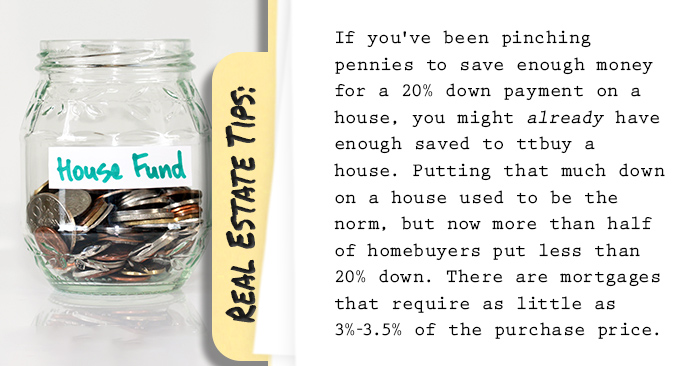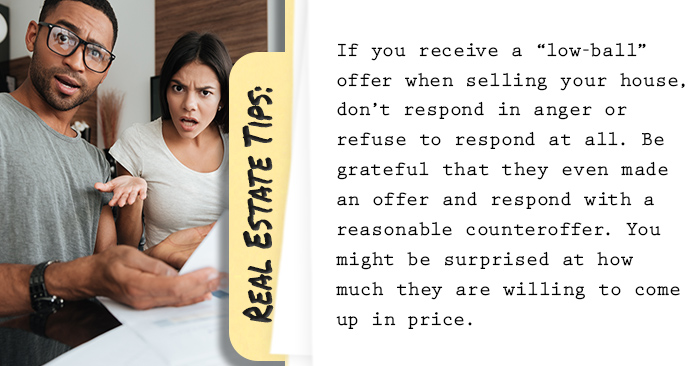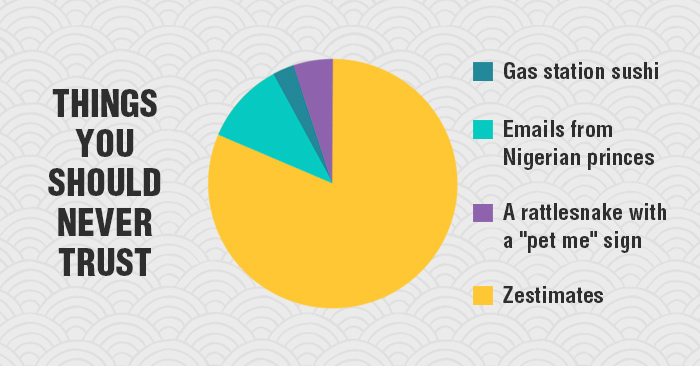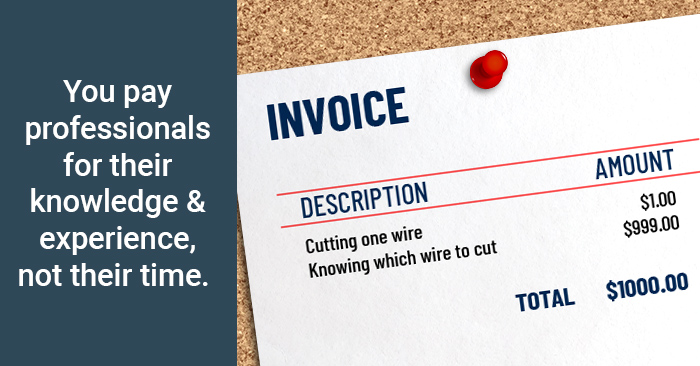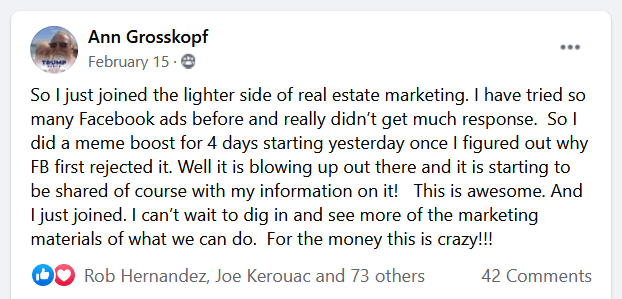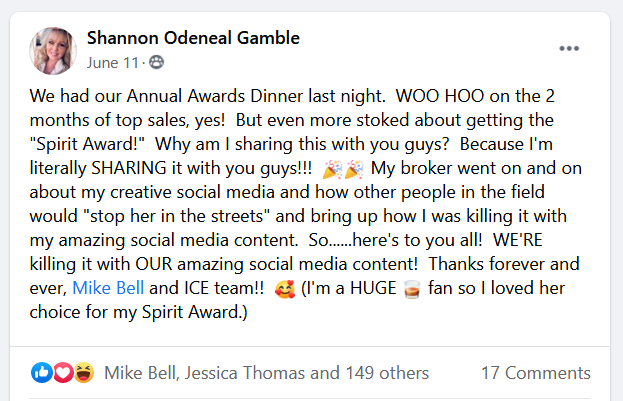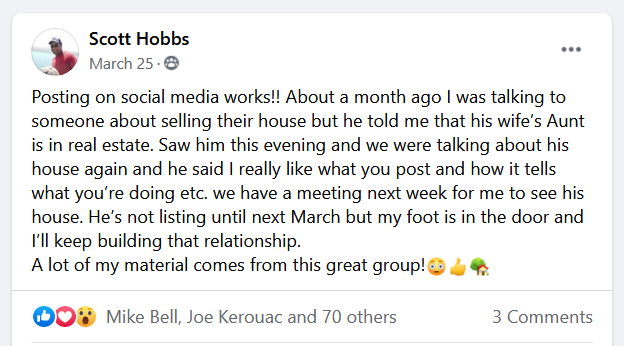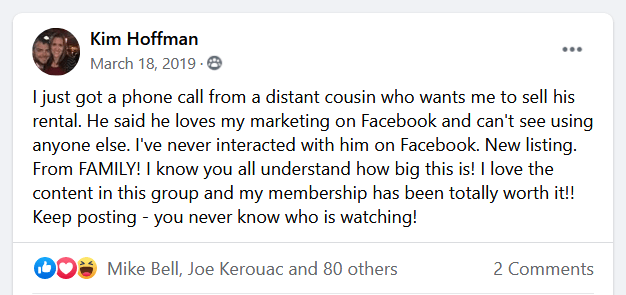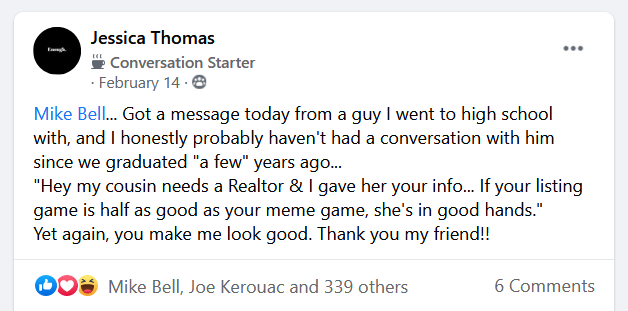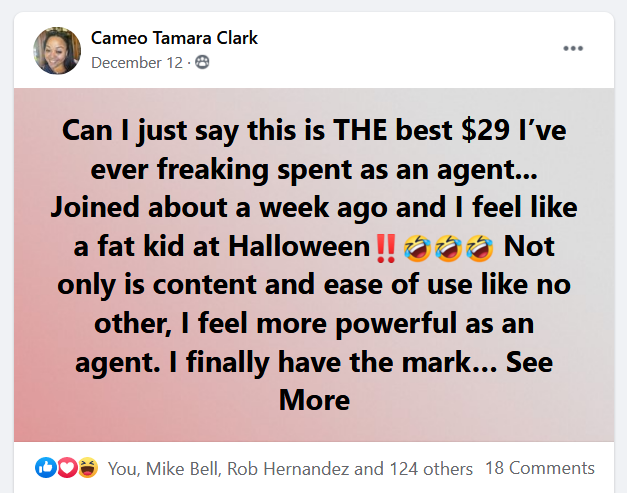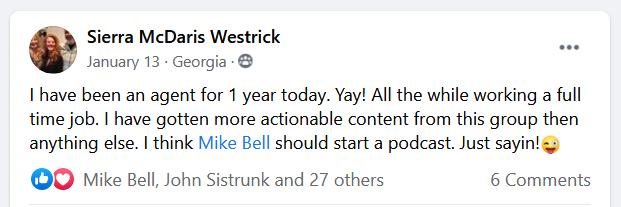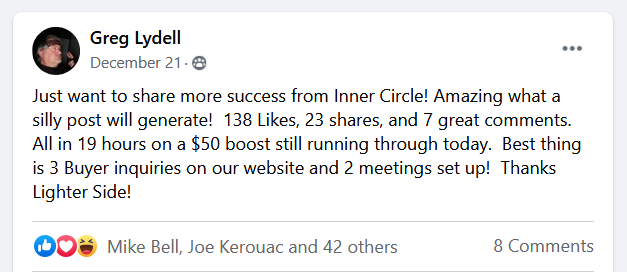News about the Real Estate Market Is Hurting Your Business (But You Can Use It to Your Advantage)

It’s almost impossible to avoid being exposed to news nowadays. Besides being on TV and radio 24/7, people get notifications on their cell phones, in their email, and see it on social media.
Unfortunately, it’s often filled with doom and gloom and can easily affect how people think and feel about people, life, the world… and real estate.
Real estate is almost always on the news to some degree, and they either seem to be stoking peoples’ fear of missing out because the market is so hot, or the fear that there’s a “bubble” about to pop and the market will crash.
Of course the news isn’t entirely responsible for creating market conditions, but how they frame the market affects how potential buyers and sellers think and feel, which can affect your business.
On the flip side, many agents try to frame the market as always being great. But that can come across as unbelievable and self-serving. Of course agents want people to think the market’s great!
But the truth is usually somewhere in between those two ends of the spectrum. The reality is, the real estate market is rarely good (or bad) for everyone, but it’s always good for someone.
The trick is to break through the noise and make sure the people it is good for aren’t swayed by the negative headlines, and are made aware of how the market benefits them so they feel confident enough to buy or sell a house… ideally with you!
People Prefer Bad News…
News is often sensational, controversial, and upsetting by design. The truth is, people have what’s called a “negativity bias” — a psychological tendency which makes people more attracted to negative or scary sounding news. So they’re just giving people what they’re more likely to subconsciously want, because it’s more likely to get someone to watch or listen longer, or click through to their website, which in turn makes them money from ad revenue.
It’s interesting and good to know, but that doesn’t really help you though, does it? That still leaves you with potential buyers and sellers who are willingly flocking toward fear, whether they know it or not. They’re allowing their brains to be filled with reasons to be afraid, and give them reasons to not buy or sell a house.
…but You Can Turn Bad News into Good News (For Some People)
As much as people have a negativity bias, they’re also susceptible to a “confirmation bias”, which causes people to look for information that confirms how they think and feel, and reinforces what they want to do.
While negative headlines may create an overall vibe about the real estate market at times, there are always people who want or need to buy or sell a house. They just need proof that it’s not only OK to buy or sell in the current market, but that they’re actually making a smart choice. The gravy on top is if they feel like they’re in on some inside scoop that their peers and potential competitors aren’t in on.
But it needs to be balanced against their negativity bias, especially if it’s coming from someone who has an interest in getting them to buy or sell a house… like an agent. Again, of course it would make sense that an agent wants people to believe it’s always a great time to buy or sell a house.
Unfortunately, that nuanced approach isn’t something most news outlets are going to craft. They don’t necessarily care if people buy or sell a house or not; they just want peoples’ attention for as long, and as much as possible.
But that’s great news for you, because it’s the perfect opportunity for you to piggyback off of their negative news, and twist their negative headlines into a positive spin… for some people. You can simultaneously give people the negative headlines they’re attracted to, while also signaling that it’s actually a hidden blessing to the people who actually want to buy or sell a house.
Here are some tips on how to do it:
1) Actively look for real estate news and headlines.
Make an effort to consistently search real estate news online, and look for news or headlines that you think might affect how potential buyers and sellers think, feel, and act. A good way to gauge it is if it’s something that gets under your skin, and makes you feel like it would make people feel like it isn’t a good time for them to buy or sell a house.
2) Formulate an opposing view.
Whatever the news is saying is negative for some people, there’s likely another type of person who it benefits. In simplest terms, if it isn’t a good time to sell, then it’s probably a good time to buy. It won’t usually be that plain and simple though. Sometimes you have to get super specific about what type or buyer or seller certain market conditions are better for. But that’s the beauty of it; the more specifically it “speaks” to someone’s situation, the more likely it’ll resonate with them and prompt them to read and take action.
3) Write your own article… or just share the original article.
If you want to get the most out of doing this, writing your own articles that cite and link back to the original article you’re writing about will give you more authority and credibility with your audience.
But if writing a full article isn’t something you have the time or ability to pull off, you can always just share the original article on social media or with your email list, and write a short blurb giving your own thoughts and perspective.
4) Illustrate the silver lining.
Begin your article by introducing the issue and perspective of the original article. Acknowledge what is true and real about what they’re saying. But then pivot from the original negative sentiment into your alternate point-of-view, and paint a picture of who can benefit from the way things are, how they can do it, and why they should.
5) Don’t be (obviously) self-serving.
As much as you ultimately want to encourage the reader to either buy or sell a house, make sure you don’t come across as trying to sell them on doing so. Give them room to feel like it’s their decision and choice to take advantage of the market conditions if it makes sense for them, or not.
It’ll take a little time — and some writing chops — to find topics and write these on a regular basis, but it’s worth the effort if you want to:
- Build credibility and authority. Your friends, family, followers and past clients will see that you have thoughtful, objective opinions about the market, even if they don’t read every word you wrote.
- Set yourself apart from other agents. How many agents do you know who are out there commenting on, or creating news pieces? Probably not many, because there aren’t a whole lot of other agents willing (or aware enough) to put in the effort to do so.
- Develop more leads and business. By re-framing the tone and narrative, you can prompt people who were just thinking about buying or selling, or outright hesitant to do so, to take action.
Here Are Some Good Examples… (And an Easier Way to Do It!)
Sometimes seeing a good example is the best way to learn. So here are a couple of examples of market news articles where we used this exact technique — one geared towards buyers, and the other to sellers:
Example #1

Why Millennials and Gen Z Feel They Need to Win the Lottery to Ever Own a Home
In this one we used a Yahoo Finance article, which painted a dismal picture for potential Gen Z buyers, and used it as an opportunity to show them that their situation isn’t anywhere near as bleak as they make it sound, and the empowerment to buy a home if they want to.
Example #2

Some Homeowners Will Benefit from Other Sellers Going on a So-Called “Strike” This Spring (Are You in a Position to Take Advantage?)
And to be consistent, here’s another one where we used a Yahoo Finance article to pivot off of, but this time they made it sound like it was an awful time to sell. Again, there’s no reason for a news site to dig into who could benefit from so many sellers refusing to list their house, but it was perfect for us to use to point out why it’s a perfect time to sell a house… for certain types of people.
Hopefully those helped you get a feel for how to turn negative real estate news into something positive. But if you want more examples than those two, feel free to browse the News & Trends section of our site. You can also subscribe to our “Snacks” newsletter which has a link to the latest Market News piece we published each week.
And if you like the idea of doing this, but aren’t keen on actually having to search for topics and write articles, check out our Inner Circle membership. For less than the price of your daily cup of coffee, you’ll be able to share all of our Market News articles with your name and branding on it in no time, with the click of a few buttons! In addition to the new weekly Market News article, you’ll also get access to:
- Over 1,500 existing articles, with more added weekly. We have ones for each season and many holidays you can use each year, but also ones that are entertaining, or resourceful you could share and re-share for years to come.
- Close to 2,000 memes. These range from funny and witty, to useful ones that give tips about buying and selling.
- 20 how-to booklets you can use to generate leads by offering the free booklets on the articles you share.













